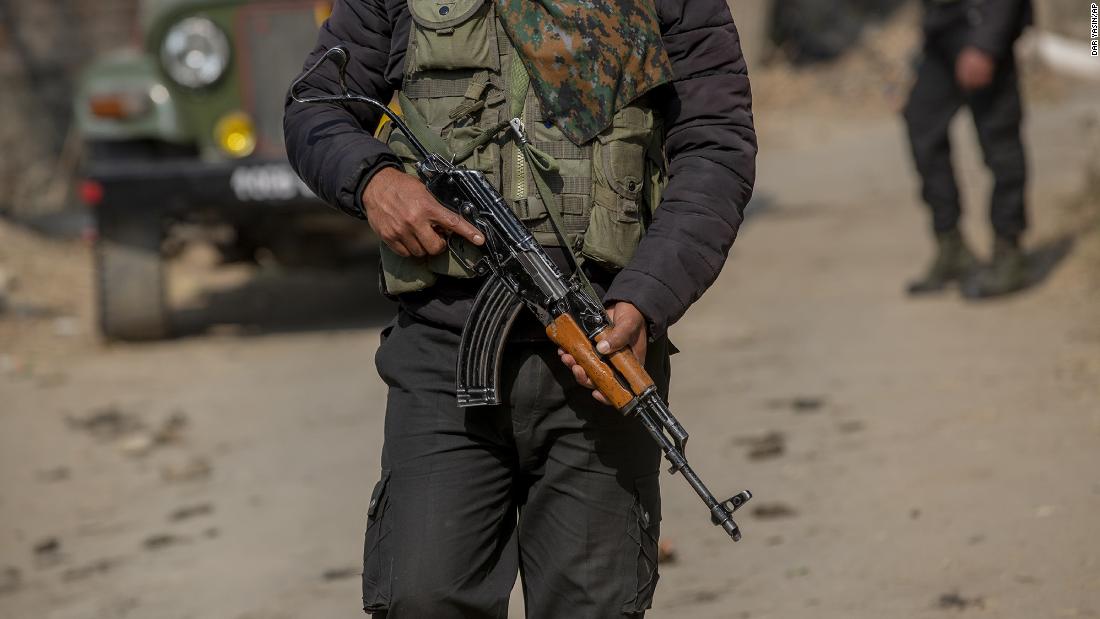
The men – workers Abrar Ahmad Khan, Imtiyaz Ahmad and Abrar Ahmad Yousuf, who had left their homes in search of work – were killed in an army operation in July. Local police recovered live pistols and cartridges from the site, and a special investigation unit said the army had initially portrayed the victims as “militants.”
In a statement on Sunday, police accused Captain Bhoopendra Singh and another of kidnapping and killing the men, saying they had organized the killings as a fake military encounter and that they had “planted weapons and illegally acquired material in their homes. corpses after stripping them of their identity and labeling them strong terrorists. ”
Police added that Singh had decided “deliberately and intentionally” not to follow standard operating procedures in Kashmir.
The Indian army has not indicated whether the captain will be tried under civil jurisdiction or in a military court. Under an emergency law enacted in Jammu and Kashmir since 1990, Indian army soldiers cannot be tried in civilian courts under ordinary jurisdiction without the permission of the federal government.
Trials of army officers for alleged crimes and abuses are rare, however, and similar claims of staged incidents have been made in the past, making the investigation and charges even more unusual.